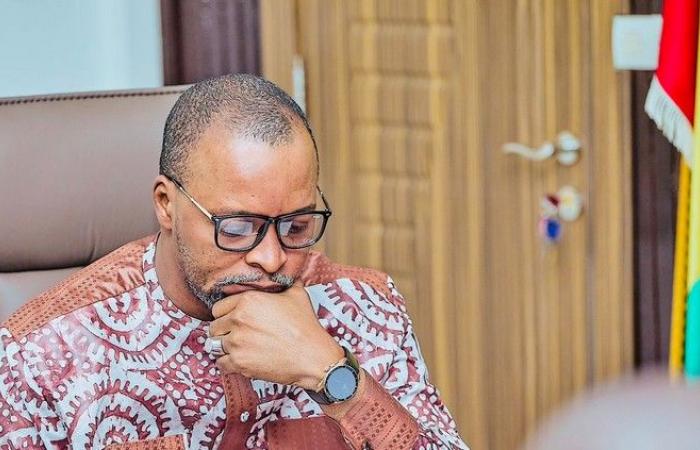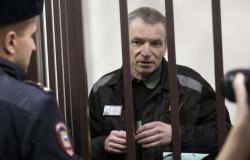
Faced with the persistent challenges of the energy sector in Guinea, the Minister of Energy wishes to firmly recall that “the efficient management of electricity is not an isolated responsibility of the State. It is rather a collective duty which calls upon every citizen.”
The energy transition, essential to sustainable development and national well-being, cannot succeed without deep awareness and active involvement of all stakeholders.
Indeed, the Government, in its determination to compensate for chronic energy deficits, is deploying colossal efforts to increase national production capacity. Among these initiatives are the installation of new solar power plants, the rehabilitation of Electricity of Guinea (EDG) thermal power plants, and the acquisition of nearly 250,000 electric meters intended to improve the transparency and efficiency of the electricity system. billing. These ambitious reforms, although essential, will only bear fruit if they are accompanied by a radical change in citizen behavior.
It should also be noted that to date, more than 400,000 official subscribers continue to consume on a flat rate basis, a practice which encourages abuse and widens EDG’s deficits.
At the same time, an equivalent – or even greater – number of consumers resort to illicit connections, encouraged by the complicity of certain crooked agents. These fraudulent practices, far from being simple offenses, constitute a serious attack and seriously undermine the sector’s recovery efforts. It also constitutes a direct obstacle to the socio-economic progress of the country.
Minister Aboubacar Camara “firmly denounces this unacceptable behavior and urges citizens to adopt ethical and responsible practices”. “The denunciation of fraud and accomplices within the EDG apparatus is a sine qua non condition for guaranteeing fair and sustainable access to electricity. “, he says.
“The collective interest is at stake: if the efforts made by the State and the sacrifices made by reformers do not find a favorable response in the attitudes of users, it is the entire nation that will pay the high price”he warned.
The new leadership of EDG, under the leadership of its Managing Director, has engaged in a rigorous process of cleaning up the subscriber file and standardization in the field. However, these structural reforms require unwavering citizen support.
Each illicit connection, each act of fraud, each complicity is an obstacle to the improvement of public services and a blow to national recovery efforts, recalls Aboubacar Camara.
“It is crucial to understand that EDG is not a foreign entity or distant from the daily concerns of Guineans. It is a public company, serving citizens, and which aspires to offer quality services to all. But to escape the spiral of deficits and dysfunctions, EDG needs the support of all: citizens, local elected officials, public officials, and civil society..
The Minister therefore calls for a revolution in mentalities. Electricity is a common good, whose sustainability depends on everyone’s commitment to use it rationally, to denounce abuses, and to respect established rules.
“Only collective mobilization will make it possible to sustainably transform our energy sector and lay the foundations for inclusive and prosperous development for future generations,” supports the Minister.
The time has come to choose between the status quo and change
The Ministry of Energy, strong in its ambitions and aware of the legitimate expectations of the Guinean people, is committed to continuing its efforts. But it cannot succeed without the determined and united support of all citizens.
“Together, let’s turn the page on fraud and abuse to build an energy system worthy of our nation’s aspirations. Responsibility is collective, and the future of our country depends on it. »concluded the Minister of Energy, Hydraulics and Hydrocarbons.





